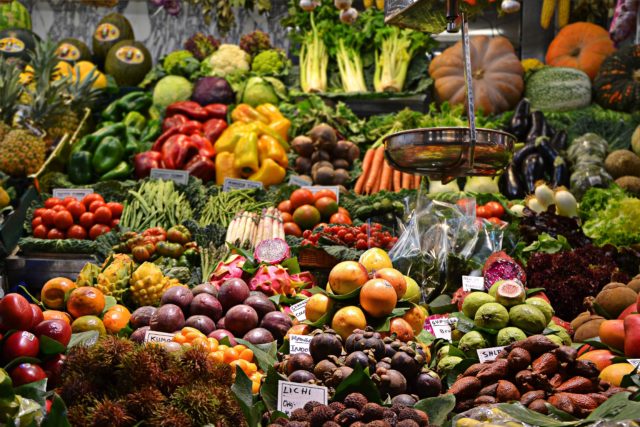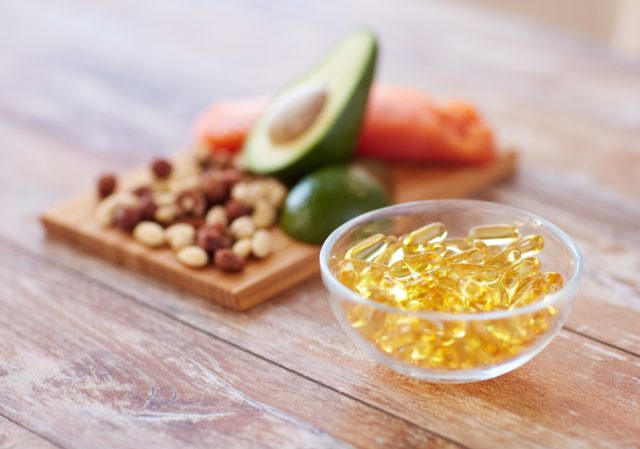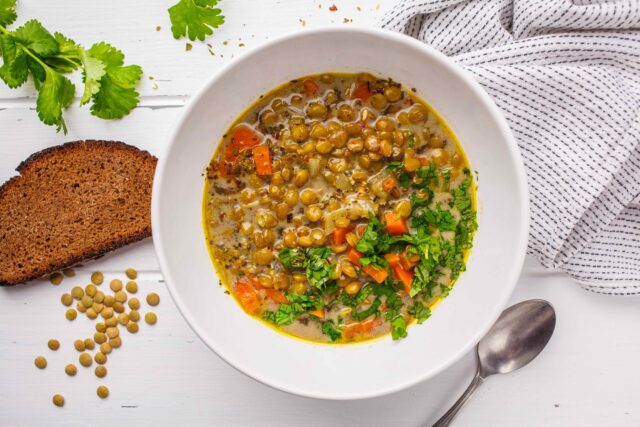Recent research shows that gut health is linked to a wide range of issues: depression, thyroid disorders, skin conditions, Type 2 diabetes and many other physical and mental ailments.
“Your gut is your second brain,” explains Dr Saliha Afridi, clinical psychologist and managing director of The LightHouse Arabia. “It is full of a network of nerves — called the enteric nervous system — that extends along the entire digestive tract from the esophagus, through the stomach and intestines and colon, and to our brain. This means that the gut has a huge influence over our state of mind and the workings of the body.”
Below, top health, nutrition and medical experts share some of the many symptoms that indicate poor gut health and their top tips for supporting gut flora
Try infrared yoga

Sunlight and infrared rays encourage the production of molecules that foster a beneficial environment in your gut. Yoga is also an effective way of managing stress, another element that can aggravate the gut.
Neha Shewani, co-founder of ANTARA Hot Yoga & Pilates Studio in Al Muneera, Abu Dhabi, found that practicing infrared yoga rectified her life-long digestion issues.
“I was a sick child and I always had problems with my gut. I was constantly on medication and I had many issues that were unusual for someone so young.
“But, within a month of discovering hot yoga, my digestion was back to normal. I felt amazing. For the first time I found out what it was like to keep food in my stomach, and feel happy after eating and not bloated.”
Eat fermented foods

Dr. Abhinav Gupta, Specialist in Internal Medicine at Life Medical Centre in JVC, Dubai, notes that fermented foods and drinks such as sourdough, kombucha, kefir, kimchi, sauerkraut, yoghurt and apple cider vinegar, are filled with good bacteria, vitamins and enzymes that benefit the gut.
“Fermented foods are rich in probiotics, the beneficial bacteria that supports a healthy gut microbiome. Eating fermented foods can help alleviate digestive issues and increase the bioavailability of nutrients, making them easier for the body to absorb.
“By improving the gut barrier function, reducing inflammation and stimulating immune cell production, consuming fermented foods can also create a stronger immune system. The vitamins and enzymes in these items also support various metabolic processes, and they can benefit individuals with food sensitivities as they aid the process of breaking down complex proteins and carbohydrates.”
Avoid smoking, alcohol and stress

Dr Afridi adds that the pressures and demands of modern life can aggravate the gut.
“In today’s fast-paced world, many people experience chronic levels of stress and this causes their bodies to constantly secrete stress hormones and protective inflammatory responses. This causes long-term inflammation in the body, which in turn damages the gut and suppresses the immune system. Other factors that can contribute to bad gut health include smoking, alcohol, birth control, steroids, hormone replacement, lack of exercise, poor sleep and stress.”
Choose locally grown produce

Dr Remy Shanker, doctor and wellness program specialist at New York University Abu Dhabi, recommends fuelling your gut with locally-grown produce — or as close to where you live as you can get — and unprocessed foods.
“As our gut bacteria naturally adapts to the soil and water in your home region, locally-grown produce often has a higher nutritional value. This means that eating produce grown from natural resources and near to home, helps cultivate good bacteria and create good gut health.
“If you are looking for healthy or ‘cleaner’ treats, please be sure to read the labels first. You shouldn’t get overly paranoid about carbs or fats, but just simply be mindful of the ingredients. Any product you eat, whether organic or not, should be what you envision it to be. For example, a pack of banana-oat energy balls should contain banana, oats and probably some binding sticky component like dates, raisins or natural honey. If you see fats and vegetable oils, sugars, E-series stabilizers or preservatives, you may want to put it back on the shelf.”
Take probiotic supplements

Dr Afridi encourages using pre-and probiotics to boost gut health, and manage mental health issues.
“Probiotic supplementation effectively regulates gut microbiota. Vast numbers of clinical studies show that this then positively impacts conditions such as depression, anxiety, Alzheimers and autism spectrum diseases.”
Up your omega-3 intake

In order to maintain a healthy gut and mental state, it’s important to eat foods that are high in tryptophan, says Dr Faryal Luhar, a naturopathic doctor who was based in Dubai. Tryptophan is an amino acid that plays a key part in the production of serotonin, the chemical that combats feelings of depression.
“Healthy fats that are high in omega 3, including mackerel, tuna, sardines, olives, olive oil and avocado, are very good for our gut. A lot of serotonin is made in the gut, and tryptophan is found in turkey, nuts and chia or hemp seeds. Diverse strains of healthy bacteria help us extract nutrients from food.”
“It’s also important to replenish healthy bacteria with good quality probiotics and never forget that simply staying hydrated is incredibly important for gut health. Water with lemon is preferable.”
Use anti-inflammatory foods for eczema relief

Dr Nasr Al Jafari, medical director and functional medicine specialist at DNA Health and Wellness Clinic in Dubai, explains that eczema is the result of an inflamed gut.
“Eczema is a condition caused by inflammation and like so many things, it starts in the gut. Seventy percent of our immune system cells are either in the gut or in the vicinity of the gut. If there is a disturbance in the gut barrier or an imbalance of bacteria — that is, more bad than good — the immune response will become irregular and a localized reaction can become systemic.
“Inflammatory foods to avoid include soy and wheat, while fish, leafy greens, beans, lentils, colorful fruits, turmeric and cinnamon are all anti-inflammatory.”





